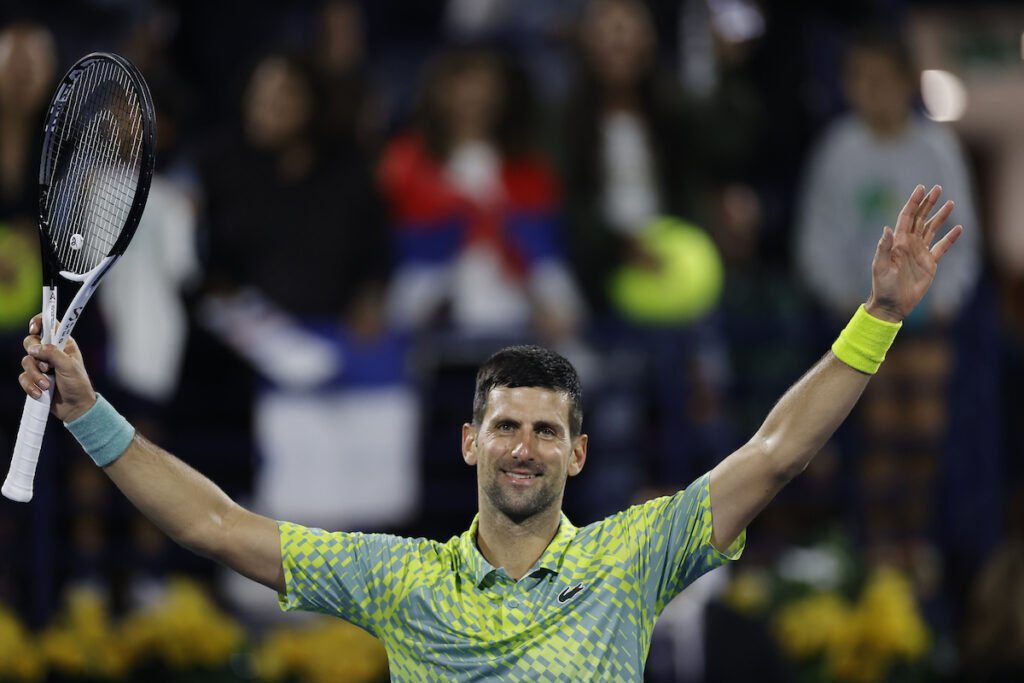Djokovic was initially barred from entering Australia after arriving with a visa that claimed he had a medical exemption to the country’s requirement that everyone who enters get vaccinated. His visa was reinstated after a judge ruled that he’d been treated unfairly by immigration officials at the airport, and then canceled again on Friday by country’s immigration minister. Djokovic appealed the decision, but was denied and promptly left the country.
“Personally, I am opposed to vaccination, and I wouldn’t want to be forced by someone to take a vaccine in order to be able to travel,” Djokovic said in a live Facebook chat with several fellow Serbian athletes. “But if it becomes compulsory, what will happen? I will have to make a decision. I have my own thoughts about the matter, and whether those thoughts will change at some point, I don’t know.
“Hypothetically, if the season was to resume in July, August or September, though unlikely, I understand that a vaccine will become a requirement straight after we are out of strict quarantine, and there is no vaccine yet.”
In a statement to The Associated Press on Tuesday, Djokovic said many tennis players and other athletes have asked him for his opinion on this situation.
“I have expressed my views because I have the right to and I also feel responsible to highlight certain essential topics that are concerning the tennis world,” he said.
Djokovic and his wife, Jelena, advocate natural healing and not vaccinations, and he said that like the rest of the world, he was “a bit confused.”
“I am no expert, but I do want to have an option to choose what’s best for my body,” he said. “I am keeping an open mind, and I’ll continue to research this topic because it is important and it will affect all of us.”


